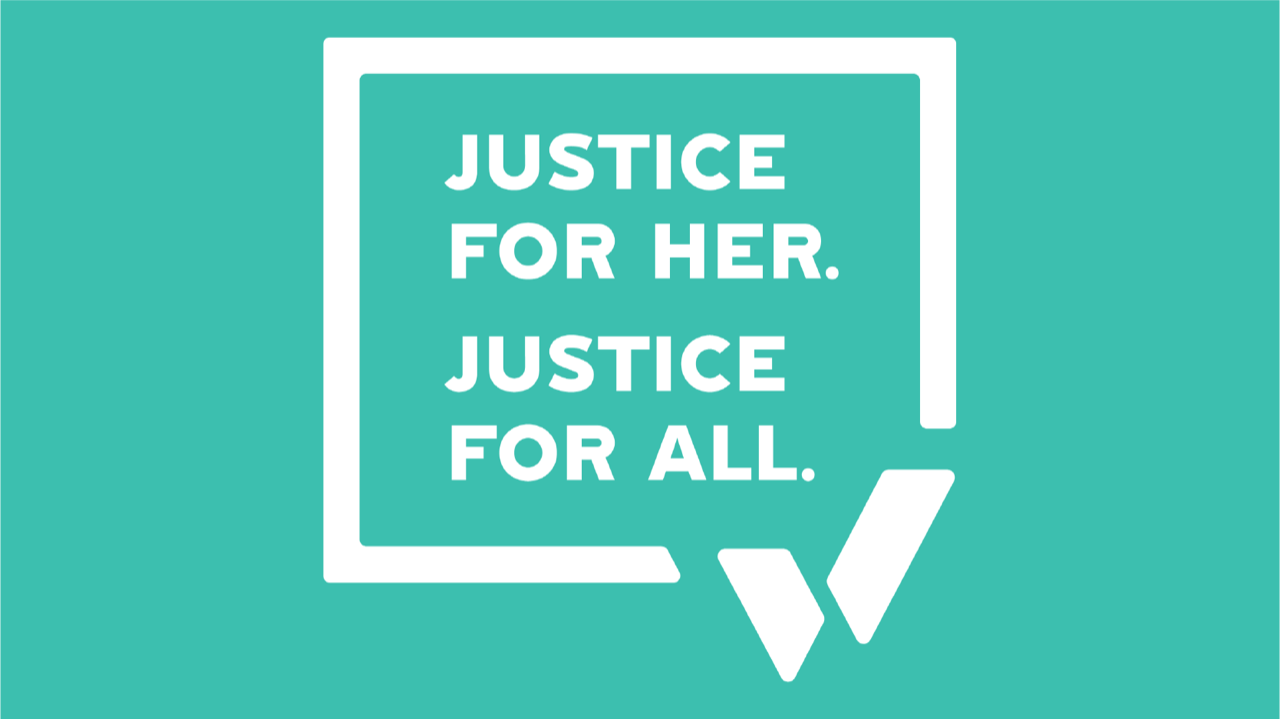Abortion rights, women of color, and LGBTQI+ people are under attack. Pledge to join us in fighting for gender justice.

The COVID-19 pandemic exposed deep structural flaws in our economy and society. The devastation from the pandemic was so much worse than it needed to be, because policymakers failed to make long-overdue and much-needed investments in women, families, and communities of color for decades. And persistent attacks on government budgets meant that federal and state agencies were operating on a shoestring when disaster struck.
Recovery from the pandemic has been uneven, with women, particularly women of color, continuing to lag behind. Much of the COVID emergency assistance that buoyed the financial security of women and families in 2021 and 2022 has expired or will do so shortly. And policymakers have thus far failed to make the public investments in child care, paid leave, and disability and aging care that the pandemic revealed to be essential to an economy that works for all of us. As a result, many women and people of color have struggled to re-enter the workforce and meet basic needs.
Yet, at this very moment, some policymakers are proposing dramatic spending cuts because they claim to be concerned about deficits. This would deeply undermine the well-being of women and families. Now is not the time for draconian spending cuts or changes to core programs like Social Security, Medicare, and Medicaid in a misguided effort to reduce the debt. Instead, to ensure inclusive economic growth and broadly-shared prosperity, we need to raise revenues through more progressive tax policies and use those revenues to make public investments in the care economy and other infrastructure.
WE KNOW THAT LARGE SCALE PUBLIC SPENDING SUPPORTS PEOPLE AND GROWS THE ECONOMY.
- The lesson of the pandemic is that public spending protects everyday people from the worst hardship, fosters a speedy recovery, and puts our economy on the best footing for future growth and prosperity.
- Federal relief like child care funding, housing and nutrition assistance, and the Child Tax Credit helped insulate women, households of color, and children from the worst economic impacts of the pandemic.
- Bolstering programs that help people meet basic needs has a multiplier effect that reverberates throughout the economy. The USDA found that every $1 increase in SNAP benefits results in a $1.54 increase in GDP.
- Public investments in child care, universal pre-kindergarten, and paid leave would likewise stimulate economic growth. For example, President Biden’s proposed investments in the care economy would support over a million jobs in home care and early childhood education, as well as increase the number of women in the workforce, lower costs from loss of productivity, and augment earnings and tax revenue.
- Conversely, draconian spending cuts on the heels of inadequate relief slowed the recovery from the Great Recession.
THE ECONOMICS OF AUSTERITY ARE RACIST AND SEXIST AND SO ARE THE POLICY CHOICES THEY JUSTIFY.
- Let’s not forget why our economy was so vulnerable to the impacts of the pandemic in the first place: over many decades, the private sector has undervalued and underpaid women and people of color, and policymakers have chosen not to make public investments that would support women and Black and brown communities.
- And unfortunately, policymakers recently decided, yet again, to cut off some of the most successful supports and promising solutions because of misplaced concerns that people with low incomes, women, and people of color would not work enough, or would not spend their money wisely. These concerns are rooted in racial and gender stereotypes, not reality.
- The success of workers, families, employers, communities, and our economy as a whole is interconnected, Yet some policymakers argue that we can’t afford to make sure all workers can take care of themselves and their families, and live with dignity. When policymakers say we can’t afford to invest in women, children, or communities of color, they mean they have decided that women, children, or communities of color are not worth investing in.
- What’s more, when policymakers refuse to make public investments in child care, paid leave, or disability and aging care, they set us all up to fail: they are forcing individuals and families to come up with individual solutions to systemic problems.
- Austerity is rooted in anti-Blackness and misogyny and harms our entire economy and society.
PROPONENTS OF AUSTERITY HAVE BEEN PROVEN WRONG TIME AND AGAIN. BUT WE CAN CHOOSE A DIFFERENT PATH.
- Now, after leaving critical investments on the cutting room floor, some policymakers are asserting that we need to drastically cut spending in the future, in order to reduce the deficit. This is wrong on so many levels.
- Austerity responses to the Great Recession undermined economic recovery, and many struggling families never recovered. We shouldn’t double down on this failed approach.
- Cutting spending now would deprive women and families of key benefits and services they rely on, increasing hardship and shocking our economy when it is already fragile.
- Likewise, tax cuts for the rich have never and will not promote economic growth. Instead, we need to tax the rich and big corporations more fairly, and use the revenues to make public investments that allow our economy to live up to its full potential–as well as reduce deficits so that we’re not spending federal dollars on interest payments rather than people.
WE CAN RAISE REVENUE BY TAXING WEALTHY INDIVIDUALS AND CORPORATIONS AND MAKE PUBLIC INVESTMENTS THAT GROW THE ECONOMY, INCREASE EQUITY, AND REDUCE THE DEFICIT.
- The rich are enjoying an unprecedented share of this nation’s wealth and income, and big corporations are experiencing record profits, without paying their fair share of taxes. And tax cuts for the wealthy, despite their failure to promote broadly shared prosperity or economic growth, have increased the deficit by trillions of dollars.
- There are numerous tax policy options that would make the tax code fairer and more equitable, while raising significant federal revenues that could support an economy that works for all of us.
- The Inflation Reduction Act of 2022 raised progressive revenues and made historic investments in the environment and to reduce health care costs. This successful model rejects a failed austerity approach and instead invests in people.
- While some revenues raised can be applied to reduce the deficit, it is not economically sound to prioritize deficit over investing in the well-being and future success of women, families, and communities.
While some revenues raised can be applied to reduce the deficit, it is not economically sound to prioritize deficit over investing in the well-being and future success of women, families, and communities.
Decades of rampant inequality, failure to make public investments, and blind faith that markets can correct their inherent, systemic problems left our workers, families, and economy deeply vulnerable before the pandemic. We can choose a different path: taxing the rich and using the revenues to invest in the well-being and economic security of women, families, and communities.






